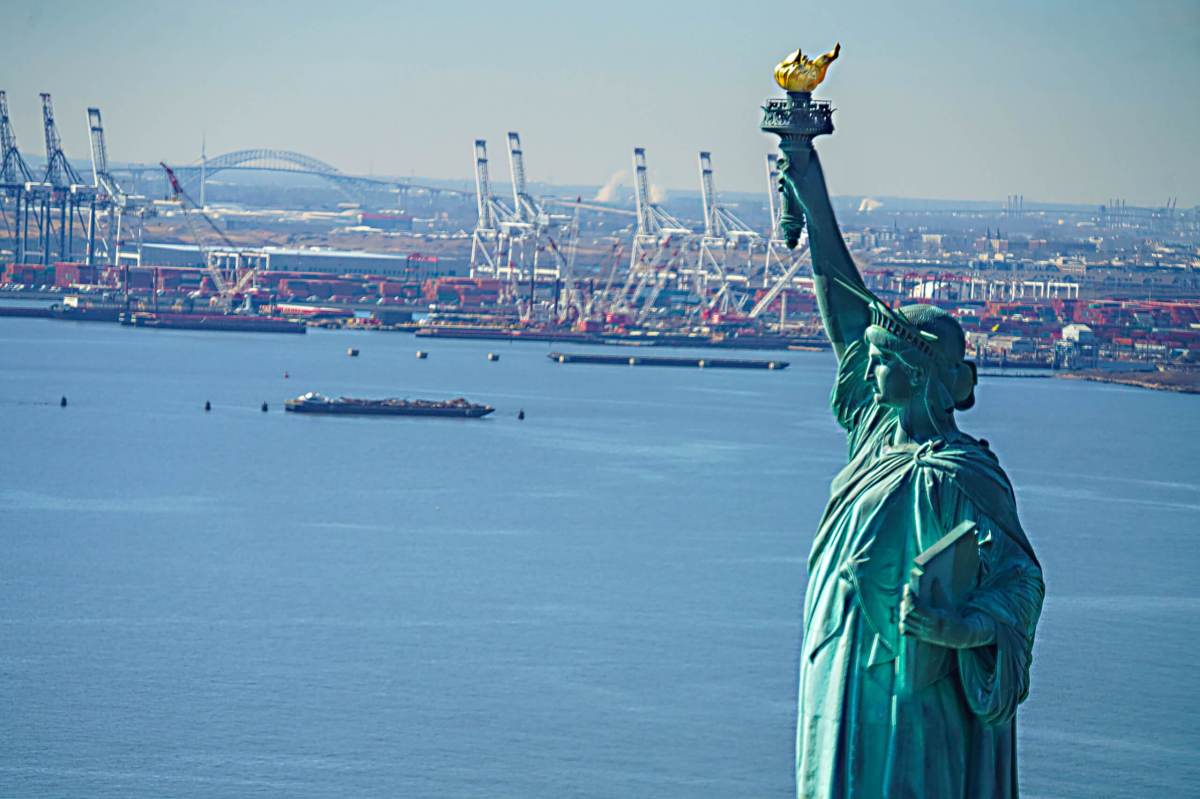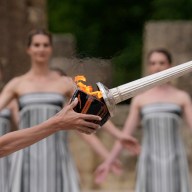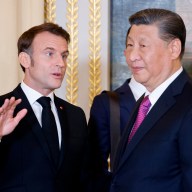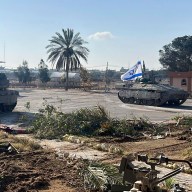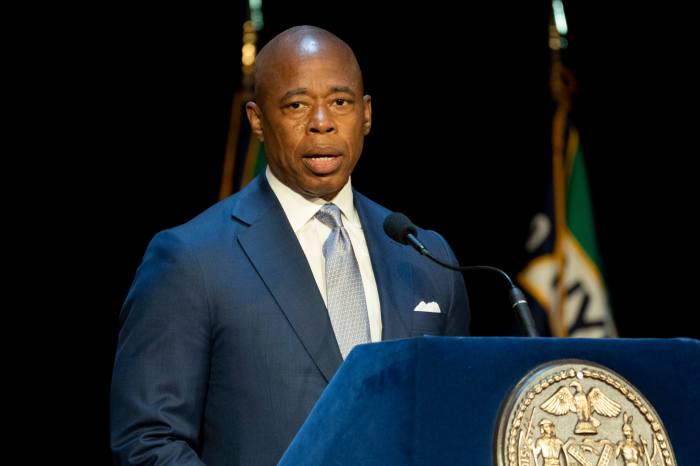With Denmark becoming the latest nation to reveal major plans to sharpen its Arctic military capabilities, a global buildup in the tools of northern warfare has experts concerned about an increased risk of conflict.
“The question is whether these moves, which are built on a kind of mistrust and a worry about one’s own possession, might accumulate in a way that could bring on a more conflicted Arctic,” says author and retired University of Toronto professor Franklyn Griffiths.
“That is a worry.”
Denmark last week released an all-party defence position paper that suggests substantial improvements to the country’s northern capabilities.
It says the country should create a dedicated Arctic military contingent that draws on army, navy and air force assets with ship-based helicopters able to drop troops anywhere. Danish fighter planes could be patrolling Greenlandic airspace.
Surveillance systems are expected to be upgraded. Inspection vessels replaced. A new Arctic Command will probably be established.
“It’s a political agreement,” said Brig.-Gen. Joergen Jacobsen, Denmark’s defence attache for Canada. “During the fall, the defence headquarters will have to make a more detailed plan for implementing.”
“Global warming is expected to melt (the sea ice) and that would lead to increased activity in the Arctic area.”
Denmark is far from alone.
Russia has announced its intent to create an Arctic special forces unit. It has also embarked on an ambitious icebreaker program, has promised to modernize its northern fleet and has sent long-range bombers to the airspace boundaries of several Arctic countries.
Last year, Norway chose to buy 48 Lockheed F-35 fighter jets partly because of their suitability for Arctic patrols. In March, that country held a major Arctic military practice involving 7,000 soldiers from 13 countries in which a fictional country called Northland seized offshore oil rigs.
The manoeuvres prompted a protest from Russia – which objected again in June after Sweden held its largest northern military exercise since the end of the Second World War. About 12,000 troops, 50 aircraft and several warships were involved.
On Sunday, Foreign Affairs Minister Lawrence Cannon played down the risk of a looming confrontation in the Arctic.
“I don’t think that we should be talking about confrontation,” he said. “This is actually not what we want to do, nor the other partners and members of the Arctic Council. …
“We’re not going down a road towards confrontation. Indeed, we’re going down a road towards co-operation and collaboration.”
Canada has been increasing the frequency and size of its Arctic military exercises for years. It has promised new northern warships and military infrastructure and has begun establishing its own dedicated Arctic unit based in Yellowknife, N.W.T.
Last January, NATO Secretary-General Jaap de Hoop Scheffer mused in a speech about the alliance’s role in protecting future energy developments in the Arctic. More recently, non-NATO Arctic nations Finland and Sweden have discussed forming a northern security alliance of their own, together with NATO members Denmark, Iceland and Norway.
Military and political officials repeatedly emphasize that co-operation is the goal in the Arctic. They point to international agreements such as the UN Convention on the Law of the Sea as examples of how conflicts will be settled.
“Denmark and Canada have the same view on it, that is, it is mainly a capacity to surveil and search and rescue,” Jacobsen said. “We don’t see any military threat in that area.”
Still, the Arctic is increasingly being viewed as a theatre for military action.
“It has the potential down the road to be a self-fulfilling thing,” said Griffiths. “The way it’s all discussed and imagined by southerners who know very little about the Arctic gets rather strongly militarized.”
“This is not good because we really should be talking about the stewardship requirements.”
Rob Huebert of the University of Calgary’s Centre for Military and Strategic Studies said creeping militarization in the North reveals what leaders really think.
“The Scandinavians have made it very clear,” he said. “They are going to talk co-operation but they are going to prepare for a worst-case scenario.”
Everybody talks about civilian goals such as search-and-rescue and environmental enforcement, but it’s the military that gets the most attention, said Huebert.
“You do not have to go to that end if you honestly and completely believe the world will be in a co-operative format. We’re seeing the beginning of a new military regrowth.”
Canada’s challenge will be to accurately read the intentions of nations such as Russia and the U.S., Huebert said.
Meanwhile, concerns such as how global warming is affecting the Arctic get slowly shunted aside by policy-makers, said Griffiths.
“That stuff gets harder to talk about when there is fear that others are building up military capabilities – and not really for search-and-rescue.”






